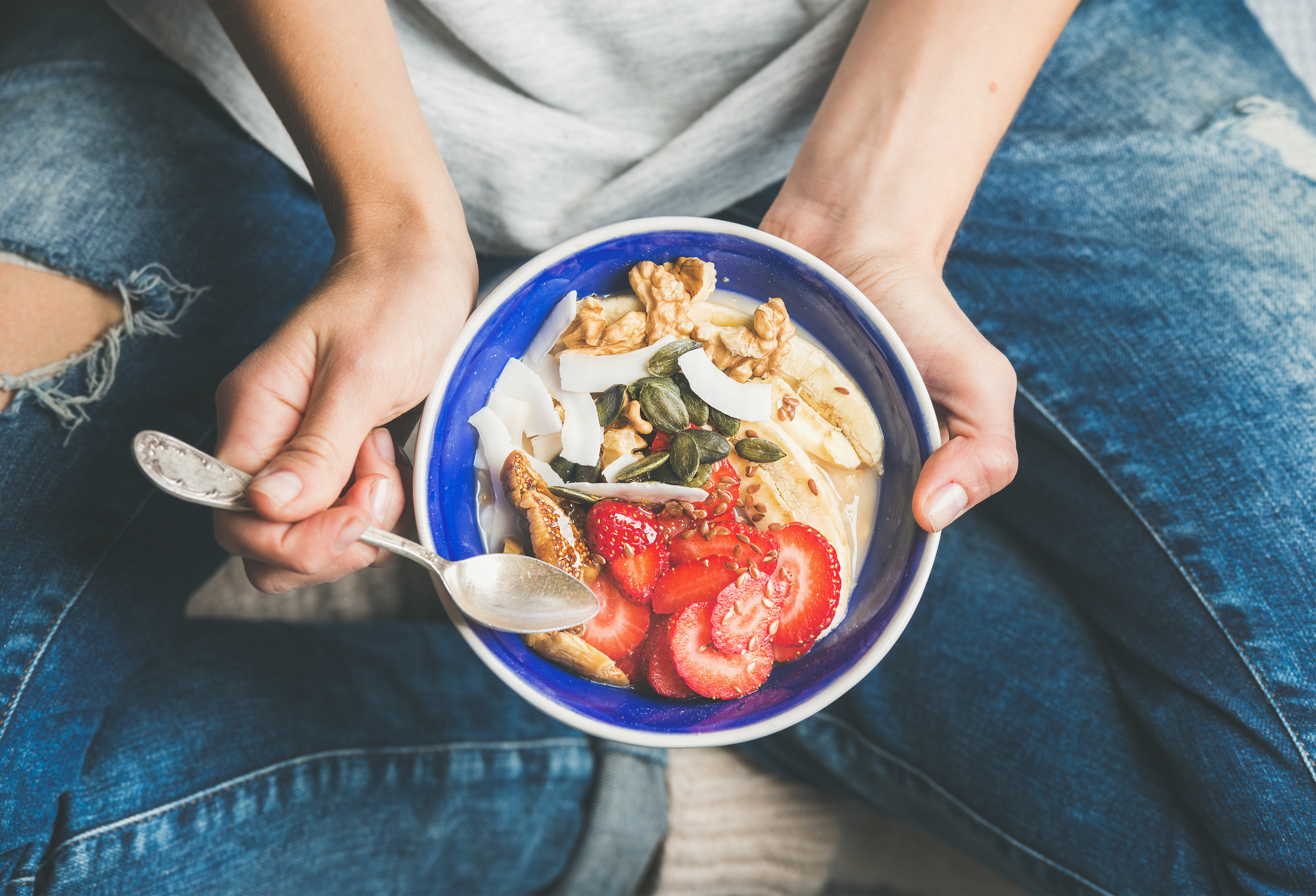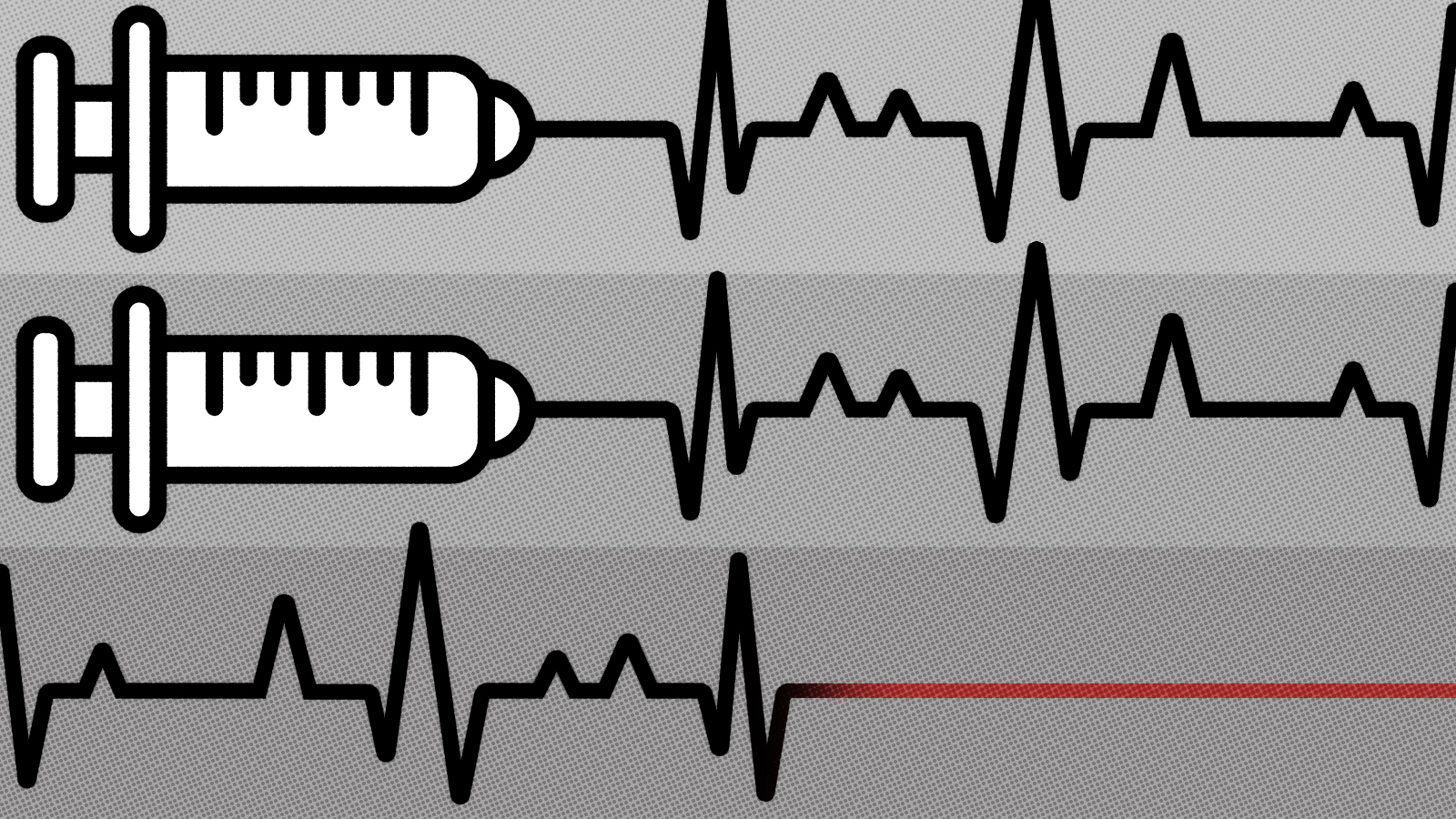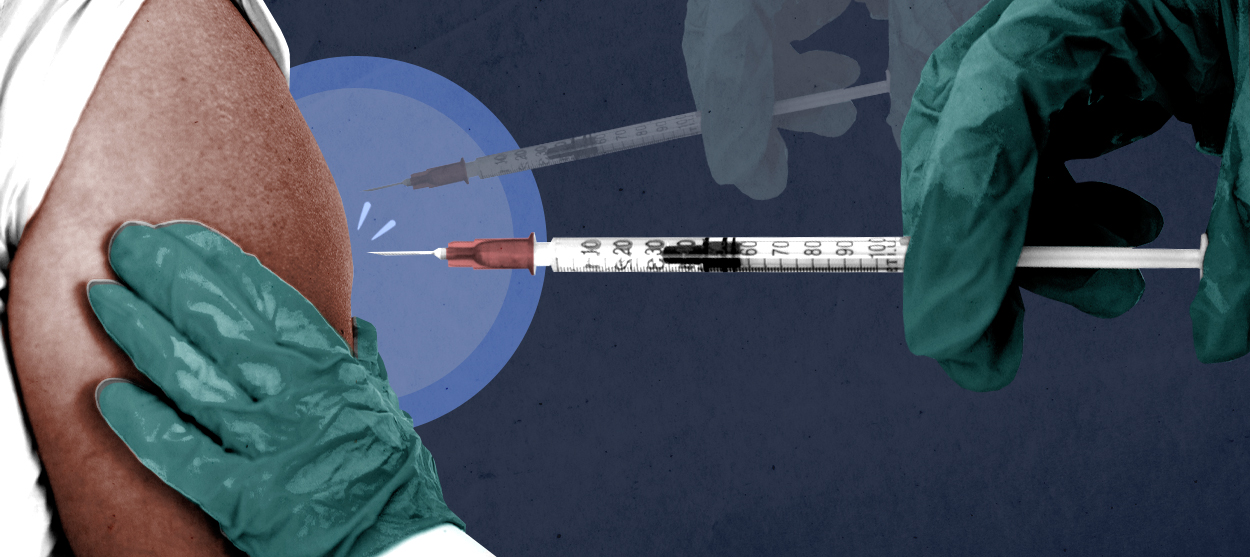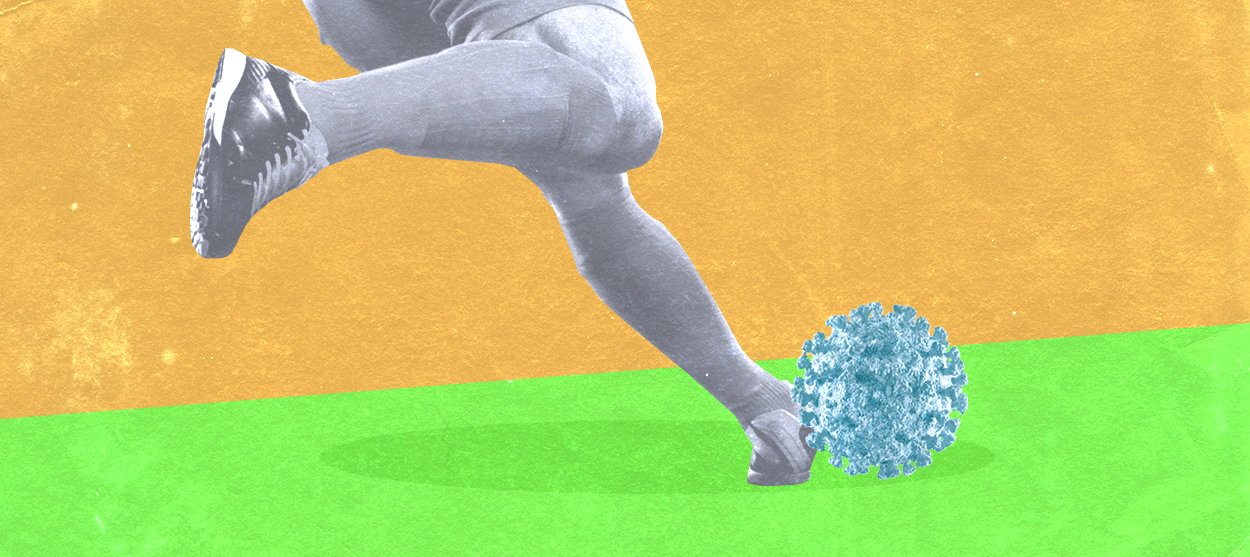7 things health experts said were good for you in 2017
Breakfast, marriage, dogs, and more!

1. Dogs help their owners live longer, healthier lives. A Swedish study involving more than 3.4 million participants found that people with a pooch had a lower risk of cardiovascular disease and premature death. The link was especially pronounced among people who lived alone: Those with dogs were 33 percent less likely to die early, and 11 percent less likely to suffer a heart attack. Co-author Tove Fall says dog owners are likely healthier because their pets are a "good motivation to get out and exercise." Dogs may also strengthen the immune system; a separate study found that babies exposed to canine pets have higher levels of gut bacteria associated with a reduced risk for allergies and obesity.
2. Camping could help cure the grogginess and lethargy associated with poor sleep. In a University of Colorado, Boulder study, volunteers who went camping for a weekend slept almost two hours longer than normal during the trip; on their return, their melatonin levels started rising more than two and a half hours earlier than before. Researchers believe this is because increased exposure to natural light helps reverse the adverse effects that modern indoor lifestyles have on the body's internal clock. "You hear a lot of people talk about light at night being bad," says study author Kenneth Wright. "We think a lack of light during the day might be just as harmful."
3. Chile peppers may help you live longer. In a study involving 16,000 people over about two decades, University of Vermont researchers found that those who routinely ate the hot pods were 13 percent less likely to die during that period than those who didn't. They suspect that capsaicin, the active ingredient that gives peppers their heat, might boost metabolism and help prevent obesity, high blood pressure, inflammation, and cancer. Co-author Mustafa Chopan says eating chiles, or even just spicy food, "may become a dietary recommendation."
The Week
Escape your echo chamber. Get the facts behind the news, plus analysis from multiple perspectives.

Sign up for The Week's Free Newsletters
From our morning news briefing to a weekly Good News Newsletter, get the best of The Week delivered directly to your inbox.
From our morning news briefing to a weekly Good News Newsletter, get the best of The Week delivered directly to your inbox.
4. Coffee does more than wake you up. Two large studies involving diverse groups of adults found that people with a daily coffee habit were less likely to die from heart disease, stroke, diabetes, or cancer. Over a study period of 16 years, people who drank two to four cups of joe a day — decaf or regular — were 18 percent less likely to die. Researchers believe the drink's health benefits stem from its complex mixture of powerful diseasefighting antioxidants. "Drinking a couple cups of coffee a day doesn't do you any harm," says study author Marc Gunter, "and actually, it might be doing you some good."
5. Marriage could help ward off dementia. An analysis of 15 studies involving more than 800,000 people found that those who never married had a 42 percent higher risk for this form of mental decline than those who tied the knot. Married couples tend to encourage each other to stay active, follow a healthy diet, limit alcohol consumption, and stop smoking — habits associated with a reduced risk for dementia. "Staying physically, mentally, and socially active are all important aspects of a healthy lifestyle," says Laura Phipps of Alzheimer's Research U.K. "These are things everyone, regardless of their marital status, can work towards."
6. Breakfast could be the most important meal of the day. A study involving 4,052 healthy men and women found that those who generally didn't eat when they got up in the morning were more likely to develop atherosclerosis, or clogged arteries. Researchers say this is likely because breakfast-skippers tend to eat more calories and unhealthy foods later in the day. "If you have a heartier breakfast," says co-author Prakash Deedwania, "you will have healthier arteries."
7. Running for a couple of hours each week could reduce the risk of early death by nearly 40 percent. After analyzing existing evidence on the link between exercise and longevity, researchers calculated that one hour of running — even at a slow pace — lengthens life expectancy by seven hours. This adds up over time; people who run regularly tend to live about three years longer than their nonrunning peers, the study found. Co-author Duck-chul Lee cautions that these gains "are not infinite" — life expectancy improvements plateau after about four hours of running a week.
A free daily email with the biggest news stories of the day – and the best features from TheWeek.com
-
 Syria’s Kurds: abandoned by their US ally
Syria’s Kurds: abandoned by their US allyTalking Point Ahmed al-Sharaa’s lightning offensive against Syrian Kurdistan belies his promise to respect the country’s ethnic minorities
-
 The ‘mad king’: has Trump finally lost it?
The ‘mad king’: has Trump finally lost it?Talking Point Rambling speeches, wind turbine obsession, and an ‘unhinged’ letter to Norway’s prime minister have caused concern whether the rest of his term is ‘sustainable’
-
 5 highly hypocritical cartoons about the Second Amendment
5 highly hypocritical cartoons about the Second AmendmentCartoons Artists take on Kyle Rittenhouse, the blame game, and more
-
 Do unvaccinated COVID patients deserve scarce care? A doctor weighs in.
Do unvaccinated COVID patients deserve scarce care? A doctor weighs in.The Explainer Justice, judgment, and the last ICU bed
-
 How to vaccinate the anti-vaxxers
How to vaccinate the anti-vaxxersThe Explainer Instead of blaming people for not doing the right thing, let's focus on eliminating the obstacles to vaccination that still remain
-
 The U.S. could double its COVID-19 vaccine availability overnight. What's the holdup?
The U.S. could double its COVID-19 vaccine availability overnight. What's the holdup?The Explainer How the FDA could approve a more efficient vaccine rollout
-
 The October Surprise nobody wanted
The October Surprise nobody wantedThe Explainer Trump has COVID-19. Really, 2020?
-
 Life is worth living
Life is worth livingThe Explainer What's driving America's rising suicide rate?
-
 Social workers are masters at de-escalation. Here's what the police can learn from them.
Social workers are masters at de-escalation. Here's what the police can learn from them.The Explainer Knowing how to peacefully resolve conflict, rather than exacerbate it, can save lives
-
 Settling in for the long pandemic
Settling in for the long pandemicThe Explainer Life won't be back to "normal" anytime soon
-
 Sports reveal how much America is trailing the rest of the world
Sports reveal how much America is trailing the rest of the worldThe Explainer MLS and other American leagues are stumbling through their pandemic restart plans